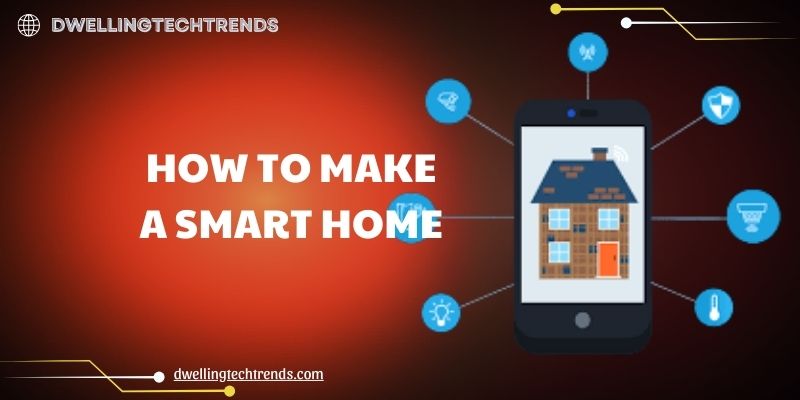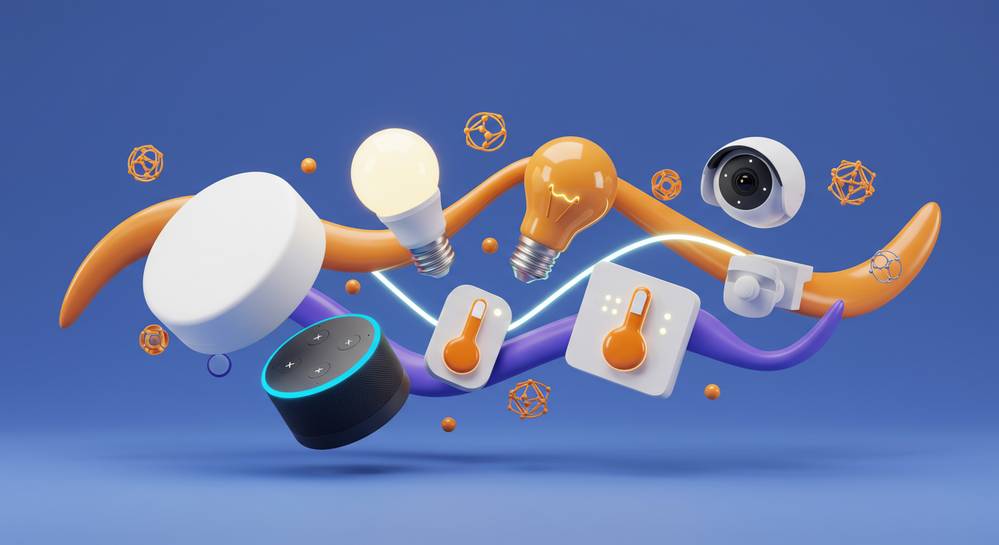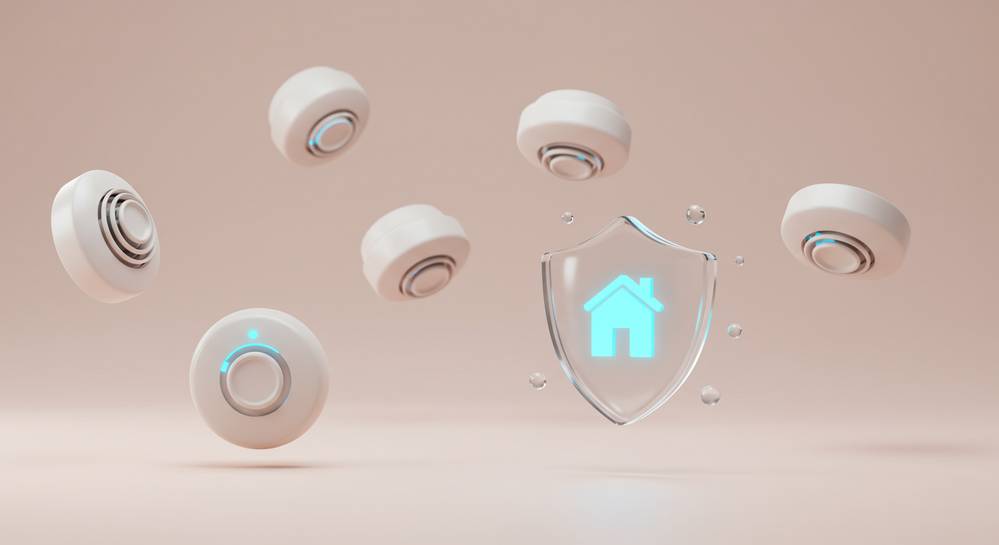In today’s fast-paced world, AI-powered smart homes are transforming how we interact with our living spaces. By leveraging artificial intelligence, smart homes are becoming more intuitive, secure, and energy-efficient, offering unparalleled convenience and comfort. This article delves into the ways AI in smart homes improves daily life, highlights real-world applications, and explores future trends that will shape the industry.
Contents
Understanding AI in Smart Homes
A smart home integrates internet-connected devices that automate and control functions like lighting, heating, and security. When powered by AI, these systems become intelligent, learning from user behavior to optimize tasks and anticipate needs. Technologies like machine learning, natural language processing, and computer vision enable AI smart home devices to deliver personalized and proactive solutions.
From voice assistants like Amazon Alexa to advanced appliances like Samsung’s AI Family Hub, AI-powered smart home technology is making homes more responsive and efficient. Let’s explore how this technology enhances everyday living.
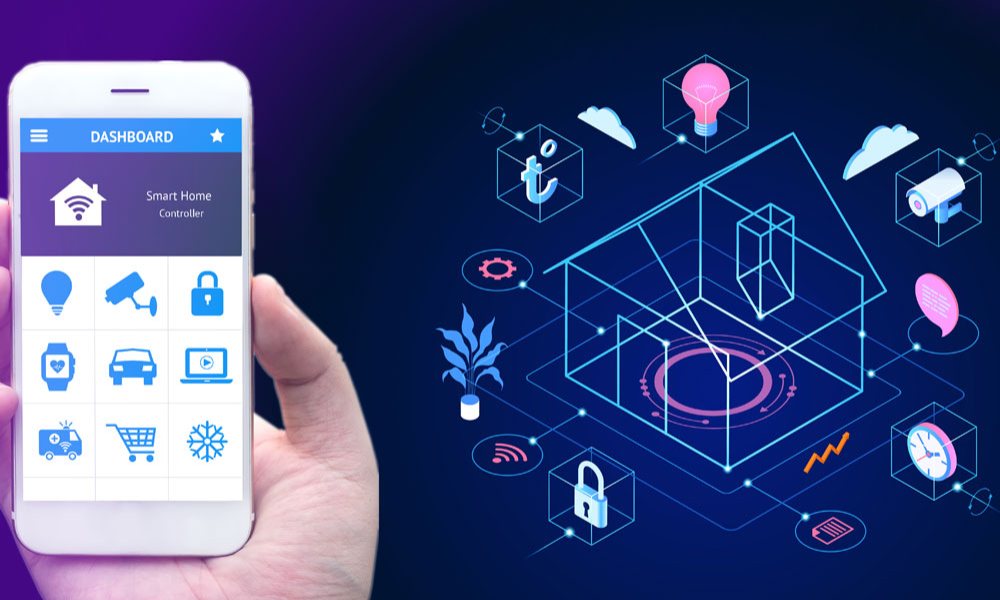
How AI Enhances Life in a Smart Home
1. Streamlined Automation and Convenience
AI in smart homes simplifies daily routines by automating repetitive tasks. AI-powered devices learn your preferences and schedules, adjusting settings without manual input. For example, a smart lighting system can adjust brightness based on the time of day or your activities, creating the perfect ambiance.
Virtual assistants like Google Assistant or Josh.ai take automation further by responding to natural language commands. You can say, “Prepare the living room for movie night,” and the AI will dim lights, lower shades, and start your streaming service—all in seconds.
2. Robust Security Features
Security is a top priority for homeowners, and AI smart home technology delivers advanced solutions. AI-enabled cameras use computer vision to detect and recognize faces, distinguishing between family members and strangers. If suspicious activity is detected, the system sends real-time alerts to your phone.
Smart locks with biometric authentication, such as facial or fingerprint recognition, add an extra layer of protection. These features ensure that only authorized individuals can access your home, enhancing safety and peace of mind.
3. Optimized Energy Management
AI-powered smart homes promote sustainability by reducing energy waste. AI algorithms analyze usage patterns and environmental factors to optimize device performance. For instance, smart thermostats adjust heating and cooling based on occupancy and weather conditions, lowering energy bills.
AI also enhances renewable energy systems, such as solar panels, by determining the best times to store or use power. This not only saves money but also reduces your carbon footprint, making AI in smart homes a key player in sustainable living.
4. Promoting Health and Comfort
AI smart home devices are increasingly focused on health and wellness. Smart mattresses, like DeRucci’s T11 Pro, use AI sensors to monitor sleep patterns and adjust firmness for optimal rest. Similarly, AI-powered air purifiers maintain indoor air quality by detecting pollutants and adjusting ventilation.
For elderly residents, AI systems can monitor vital signs and detect emergencies, such as falls, ensuring timely assistance. These health-focused innovations make AI-powered smart homes ideal for all age groups.
5. Improved Accessibility and Integration
AI in smart homes enhances accessibility for individuals with disabilities. Voice-activated systems allow users with mobility issues to control devices effortlessly, fostering independence.
Additionally, AI ensures seamless device integration. Platforms like Amazon Alexa and GearBrain’s Compatibility Find Engine enable devices from different brands to work together, creating a unified smart home ecosystem. This interoperability maximizes functionality and user satisfaction.
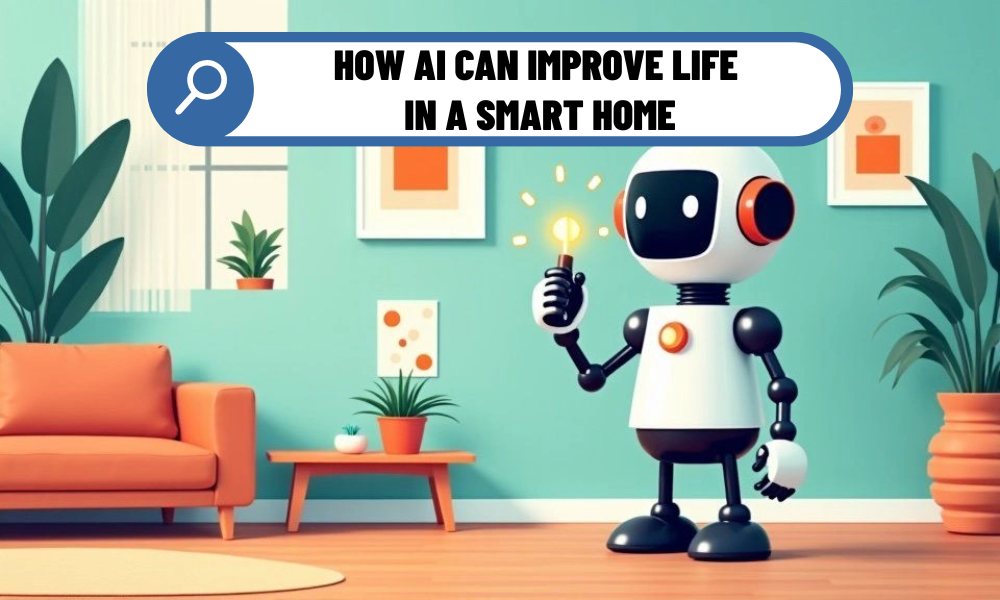
Challenges to Consider
Despite its benefits, AI smart home technology faces challenges. Privacy concerns arise from the collection of personal data, requiring manufacturers to implement strong security measures.
Cost is another barrier, as AI-powered smart home devices can be expensive. However, as adoption grows and technology advances, prices are expected to become more affordable.
Future Trends in AI-Powered Smart Homes
The future of AI in smart homes is exciting, with emerging trends poised to further enhance living spaces:
Emotion and Mood Recognition: AI could analyze voice tones or facial expressions to adjust lighting, music, or temperature to improve your mood.
Smart City Integration: AI-powered smart homes may connect with urban systems to optimize energy usage and contribute to community-wide sustainability.
Predictive Maintenance: AI will predict when appliances need maintenance, preventing costly repairs and extending device lifespans.
Advanced Robotics: AI-powered robots could handle chores like cleaning or cooking, further reducing manual effort.
These advancements will make AI smart home technology even more integral to modern living, offering greater convenience and efficiency.
AI-powered smart homes are reshaping the way we live, offering unmatched convenience, security, and sustainability. From automating tasks to monitoring health and optimizing energy, AI in smart homes enhances every aspect of daily life. While challenges like privacy and cost remain, ongoing innovations are making this technology more accessible and impactful.
Embrace the future of living with AI smart home solutions and discover how they can transform your home into a smarter, more efficient sanctuary.
